I have a web application running on one server and use IIS with rewriteURL on another server as a reverse proxy.
I configured the incoming rules to rewrite the reverse proxy address with the address of the web application server. This works fine.
However, the application allows users to download some content and redirects them to the download address. Right now, users get forwarded to the local IP address of the web application server, not the public address of the reverse proxy.
I understand, I need to edit the outbounding rules as well to catch this, but I somehow don't get it right.
I followed the instructions here https://learn.microsoft.com/en-us/iis/extensions/url-rewrite-module/modifying-http-response-headers
and my current rewrite rules look like this
<?xml version="1.0" encoding="UTF-8"?>
<configuration>
<system.webServer>
<rewrite>
<rules>
<rule name="er-platform" stopProcessing="true">
<match url="^er-platform(.*)" />
<conditions>
<add input="{CACHE_URL}" pattern="^(https?)://" />
</conditions>
<action type="Rewrite" url="{C:1}://192.168.80.6:8443/{R:0}" />
<serverVariables>
<set name="ORIGINAL_HOST" value="{HTTP_HOST}" />
</serverVariables>
</rule>
</rules>
<outboundRules>
<rule name="er-platform" preCondition="IsRedirection" enabled="true">
<match serverVariable="RESPONSE_LOCATION" pattern="^(https?)://[^/]+/(.*)" />
<conditions logicalGrouping="MatchAny">
<add input="{ORIGINAL_HOST}" pattern=".+" />
</conditions>
<action type="Rewrite" value="{R:1}://{ORIGINAL_HOST}/{R:2}" />
</rule>
<preConditions>
<preCondition name="IsRedirection">
<add input="{RESPONSE_STATUS}" pattern="3\d\d" />
</preCondition>
</preConditions>
</outboundRules>
</rewrite>
</system.webServer>
</configuration>
I still get redirected to the local IP when trying to download something. How do I need to change the rules to get this right?
Thanks,
Thomas
